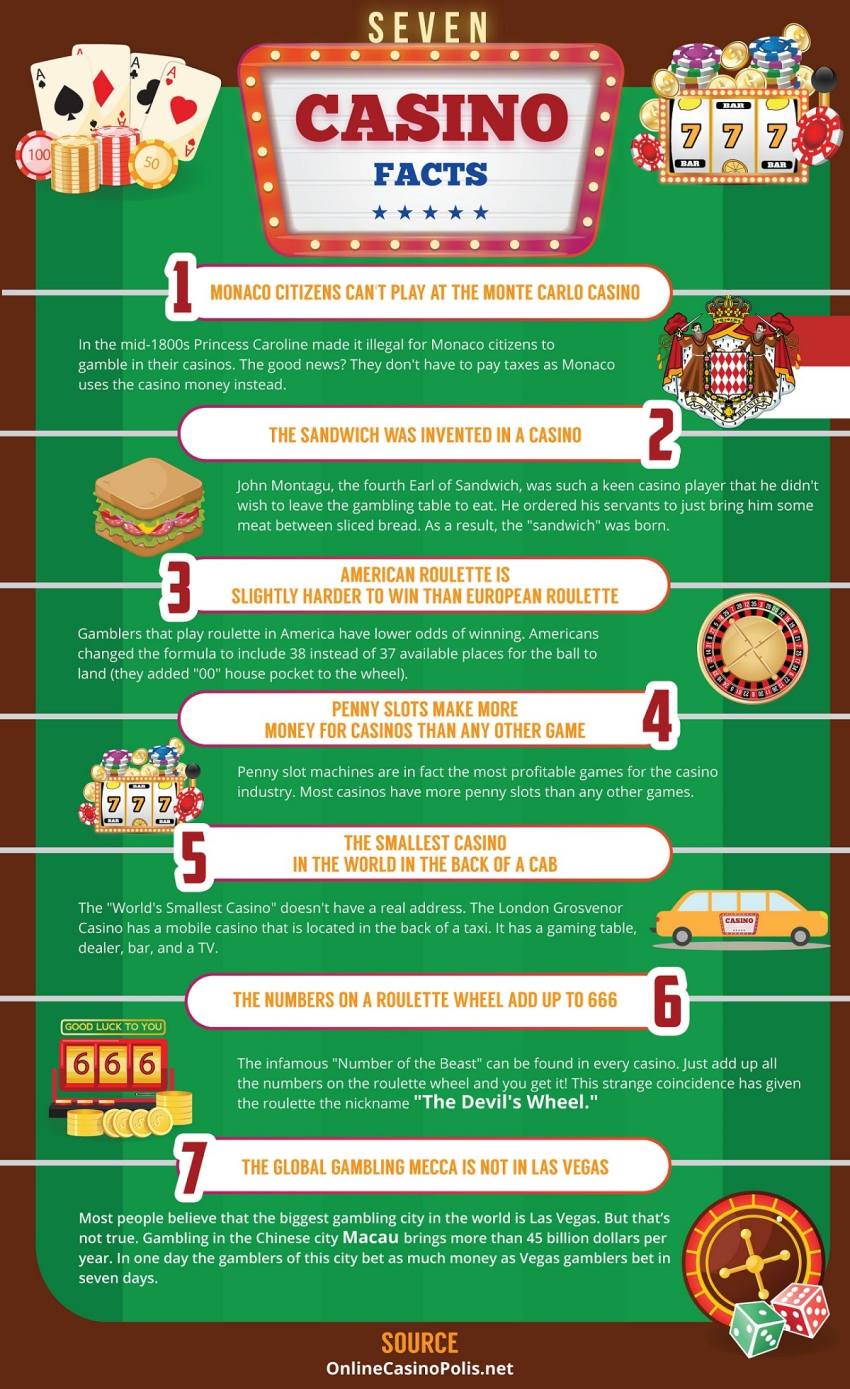Gambling facts reveal a fascinating journey through time, showcasing its evolution from a simple pastime to a global industry. From its historical roots in ancient civilizations to the staggering gambling statistics we encounter today, the world of betting has thrived across cultures. Online gambling trends, particularly among the youth, highlight new dimensions of this age-old practice, raising critical questions about accessibility and societal impact. Additionally, gambling addiction issues cannot be overlooked as they affect individuals and communities alike, underscoring the need for responsible gaming initiatives. As we delve into the intriguing aspects of gambling, you’ll discover how history, culture, and modern practices intertwine within this captivating domain.
The allure of wagering extends far beyond mere entertainment; it encapsulates a rich tapestry of human connection and societal behavior. Exploring the various gambling habits illuminates cultural gambling practices, which have shaped community interactions worldwide. Moreover, as we analyze gambling-related data and trends, we uncover insights into how these activities affect both individuals and populations. The examination of gambling addiction underscores the importance of fostering awareness and responsible gaming. By understanding these facets, we can better appreciate how gambling intersects with our daily lives, bridging past traditions with contemporary challenges.
Gambling Facts: A Reflection of History and Culture
Gambling has ancient roots that reveal much about the cultures that practiced it. Early records indicate that civilizations such as the Romans and Egyptians engaged in betting as a social activity, deeply interwoven with their cultural practices. Historical gambling games evolved from simple dice rolls to more complex wagering systems, showcasing how entertainment has adapted over time. These interactions often occurred in communal settings, reflecting societal norms and human interaction, which gives us a glimpse into the lives of our ancestors.
The fascinating evolution of gambling can also be seen through various cultural practices. For instance, in many Native American tribes, traditional games of chance were played during significant communal events, not merely for profit but to promote unity and celebration. The endurance of these practices highlights gambling’s role in cultural identity and social connection. To this day, it continues to serve as both a pastime and a way to connect with cultural heritage, manifesting differently across the globe.
The Rise of Gambling Statistics and Online Trends
In today’s digital era, gambling statistics reflect the rapid evolution of the industry. With the surge in online gambling platforms, participation rates have skyrocketed, especially among younger audiences. Recent statistics indicate that a significant percentage of high school students have engaged in online betting, prompting discussions about the accessibility and legality of such platforms. This trend underscores the necessity for education around responsible gambling practices, as minors become increasingly aware of online opportunities.
Moreover, the impact of these statistics is felt at various levels—from individual risks associated with gambling addiction to broader societal issues. Gambling addiction has been recognized as a pressing concern, with individuals facing severe financial and emotional distress. Reports have illustrated the correlation between easy online access to gambling and rising addiction cases, emphasizing the importance of regulatory measures. As we delve into the statistics surrounding gambling trends, it becomes apparent that the industry’s growth must be accompanied by greater awareness and interventions to support those affected.
Frequently Asked Questions
What are some key historical facts about gambling and its evolution?
Gambling has a rich history dating back to ancient civilizations such as the Romans, who engaged in betting at public houses called *tabernae ludi*. Early forms of gambling included wagers on various games, showcasing its communal nature. Interestingly, early slot machines dispensed drinks or merchandise rather than cash. Over the centuries, gambling transformed dramatically, evolving into a massive global industry with unique cultural variations.
What do current gambling statistics reveal about online gambling trends?
Current gambling statistics highlight a significant increase in online gambling participation, especially among younger demographics. Reports show that high school students are engaging more in online betting, raising alarms about accessibility and youth gambling practices. In 2016, Macau generated over $45 billion in gambling revenue, surpassing Las Vegas, which emphasizes the cultural and economic impact of gambling in today’s society.
| Topic | Details |
|---|---|
| Historical Roots | Gambling dates back to ancient Rome with communal betting venues. |
| Macau vs. Las Vegas | Macau surpasses Las Vegas in revenue, earning over $45 billion in 2016. |
| Youth Participation | Increase in high school students engaging in online gambling. |
| Female Pioneers | Women have historically played important roles in the gambling industry. |
| Societal Impact | The gambling industry poses risks such as addiction and legal challenges. |
Summary
Gambling facts reveal a compelling narrative that intertwines history, culture, and modern challenges. From its deep-seated roots in ancient civilizations to the current trends of online gaming, gambling has always captured our collective imagination. As we explore these facts, we see the dual nature of gambling: a thrilling form of entertainment that also harbors significant risks, particularly for vulnerable populations like the youth. Therefore, understanding these gambling facts is crucial in navigating the entertainment landscape responsibly, advocating for awareness, and embracing a future that honors the rich traditions while promoting safety and inclusivity.
